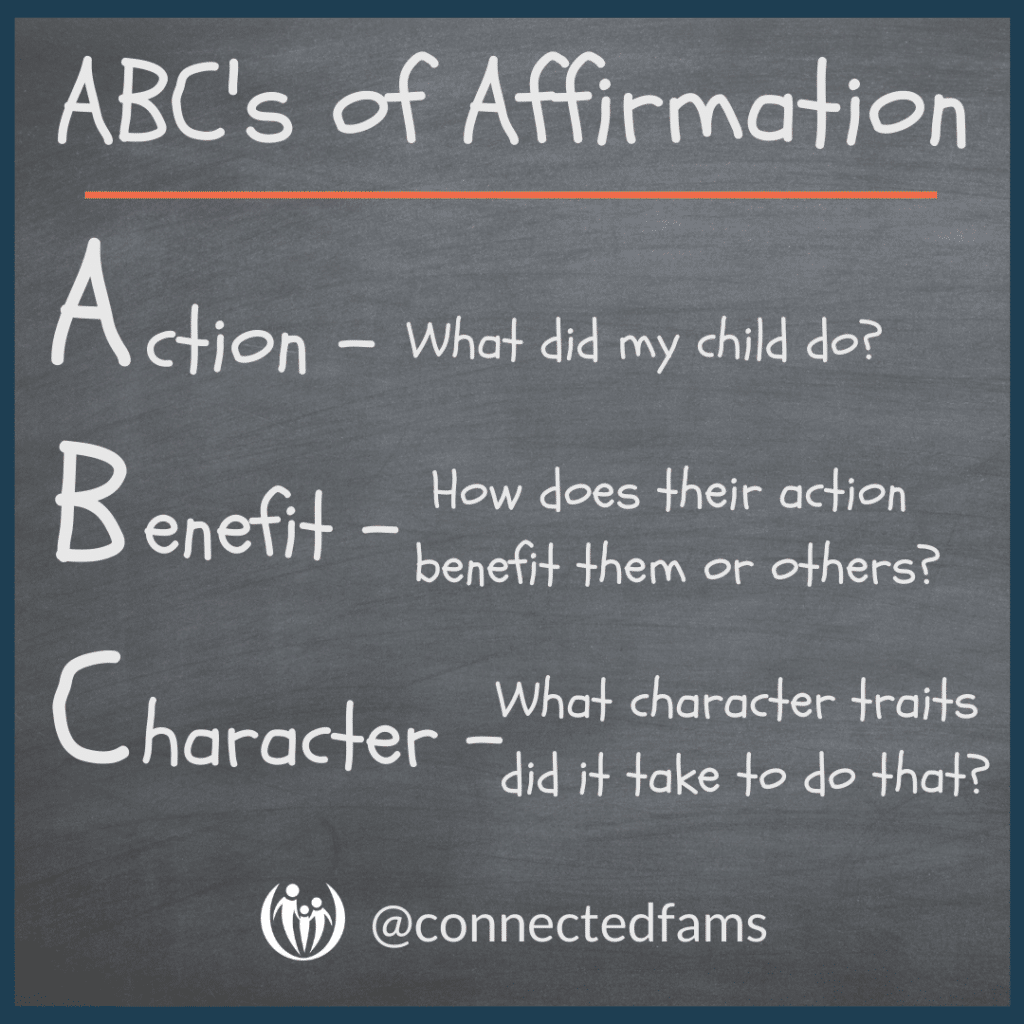
Chores: The Constant Challenge

You’ve tried every trick in the book to get your kids to do basic chores. And your kids try every trick in the book to resist. You never would have dreamed of sassing back to your parents about chores the way you’ve gotten sass. And you feel like you are seeing a growing sense of entitlement in your kids. What’s the deal?!?
Perhaps the “deal” is that your kids feel trapped and resentful. If they were able to articulate their underlying beliefs about why they resist your requests, they might say something like: “Dad, if I do the chore you’ve asked me to do, YOU win and I lose.”
This sounds irrational to us as parents. You know that great teamwork as a family is a win for everyone. You know that kids who learn to do hard work “win” because a strong work ethic is critical to overall success in life. But your kids likely don’t know what you know. Or believe what you believe.
It’s also quite possible that if your child struggles with being responsible then their beliefs about chores may also include:
- Work is hard and boring and worthless. (I see no value in the work itself.)
- When I refuse my chores I get intense attention that I enjoy receiving. And then I often get out of doing my assigned work. (I get a big reward for resisting chores.)
- I’m the kind of kid who loves fun and hates work. (My identity opposes work.)
If this sounds familiar it’s no wonder your family is struggling and stuck!
It is easy to reach for those old standbys: chore charts and rewards. Google “chore charts for kids” and you get literally millions of options! Chore charts certainly have their place. The downside is that when parents need reward systems to motivate responsibility, these reward systems usually backfire. They communicate the message: “You need me to manage your life because you are irresponsible and unmotivated.”
Building work-ethic and wisdom in your kids is a long process with focused effort.
So, where do I start?
You can start by demoting chore charts to their real place….as a logistical aid, not a motivator. Building work-ethic and wisdom in your kids is a long process with focused effort. It is not a quick, single conversation: Check. Done. Junior now loves to work hard and is outside weeding the garden without being asked. 😉
…and how do I better equip my kids for success both now and in the future?
The longer term “fix” begins as you learn to consider yourself as a coach/mentor when it comes to chores rather than a drill sergeant. When you spend less time managing behavior you can focus more of your energy on mentoring beliefs and identity. But what does that even mean and how does it look in day-to-day life?
1) Model joy in work
Start with thoughtful awareness of the messages your child receives from you every day about work and diligence.
Consider: Do I come home from my job complaining and crabby? Is there a hierarchy in our home where the most powerful people get out of the jobs they don’t like? Is it clear by my demeanor that I’d rather be doing anything else but mopping the floor?
Or: Am I grateful for my job and model joy when I work hard? Do I talk about feeling good when I’ve accomplished something? Do I use creative ways to make my chores more enjoyable?
Kids learn more from watching than listening. Modeling joy in your work may be the key to growing the value of hard work in your kids!
2) Make teamwork fun
When our kids were young, our family put a verse about work to a goofy simple tune, “Work hard and cheerfully, cheerfully, cheerfully. Work hard and cheerfully as though for the Lord. Colossians 3:23, Cha, cha, cha!” (with a little hip swing…) Because our kids had a good sense of humor they enjoyed this even in late elementary and middle school.
Another family on our team combats the “work is drudgery to be avoided” belief by designating a reasonably short amount of time (30 minutes) a couple times a week as “family clean-up time” after dinner. They put on loud fun music, go at it with gusto, and then often finish up with ice-cream. As they eat their dessert they affirm the hard work and celebrate how much nicer the house feels.
What could you do to bring a sense of joy and fun to what might seem mundane in your house?
3) Guide thoughtful discussions about the value of hard work, the rewards for our work, and your child’s identity.
As you’re working toward the long-term (not quick fix) goal of mentoring beliefs and identity, it helps to look for opportunities to have some light-hearted, question-filled discussions. No lectures! Thoughtful questions are a great way to strengthen your kids’ helpful beliefs and identity about hard work.
In the bullets below we’ve listed a few comments and lots of questions you can say to your kids to hopefully challenge and replace some of the unhelpful beliefs listed in the beginning of the article.
The inherent value of hard work:
- What are some important things that maintain our home and why? (i.e. care for the grass so we can play on the lawn, get dirt off the floors so they aren’t scratched, wash sheets so they don’t get stained, take out the trash so it doesn’t stink up the house…)
- What makes doing these things either easy or hard? (i.e. our attitude, our choice to make it fun, our “perseverance muscles”, working as a team)
- Imagine yourself at 30 years old if you got really good at avoiding hard work. What happens to people who avoid hard work whenever possible? How does life look different at 30 when people find ways to make hard work rewarding and even fun?
The tangible rewards for hard work:
- Discuss Proverbs 14:23b “…mere talk puts no bread on the table.” What puts bread on the table in our home?
- As your parent I’m supposed to prepare you for how real life works, and in real life privileges are tied to responsibility (give examples of things that irresponsible people don’t get to enjoy).
- What are privileges in our family that should be linked to hard work?
Your child’s identity as someone who is learning to work hard:
- When have you felt really good about working hard on something? (Have a few examples in mind of when your child did this, in case they can’t think of anything.)
- Do you think if you don’t like chores right away as a child that you’re lazy or that you’re just learning how important work is, and how to enjoy it?
- When your child does a helpful or difficult task, drop the rah-rah pom-poms that make their work all about pleasing you. Instead ask your child these questions to help them self-affirm.
- Action: What did you accomplish?
- Benefit: What’s good about what you just did? How was it beneficial?
- Character: What did it take to do that? (This is the question that begins to build identity around character qualities like diligence and perseverance.)

The goal of parenting isn’t to launch kids to independence by being able to “check off the boxes” as they complete tasks. Instead, it’s to help them value hard work so they can be a blessing to others with the gifts, talents, and skills God has given them.
In Connected Families online course The Entitlement Fix: Building Hard Work and Gratitude in Your Kids (also available for small groups!) you’ll learn lots more practical ways to help kids learn to value and enjoy hard work and service, including how to use our “Yes, No, Maybe Chart,” and “the Bigger Yes” of God’s purposes for your family. One mom who took the course stated, “My son is doing chores willingly now – that’s never happened!”









